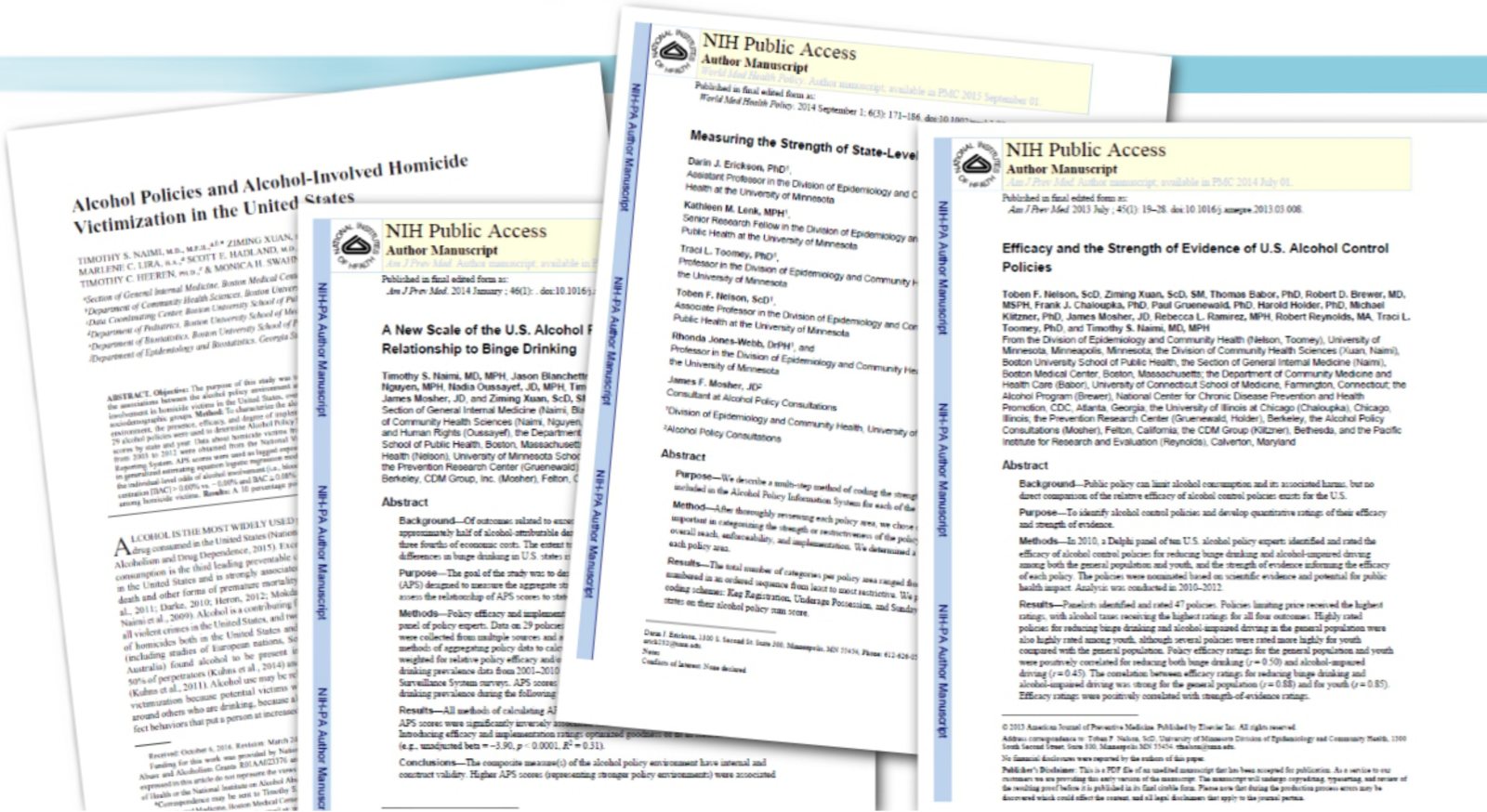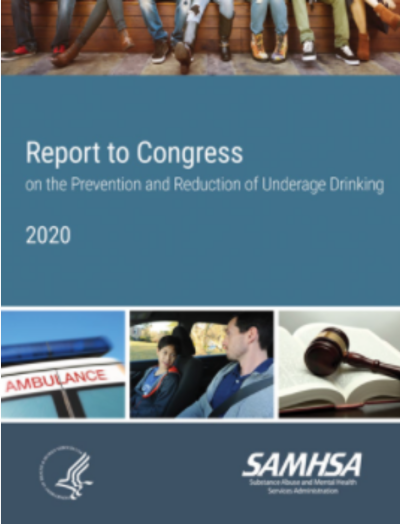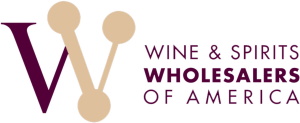Alcohol Policy Surveillance
Research & Reports

Alcohol Policy Score Research Project
The alcohol policy score research is a NIAAA-funded project focused on building tools to compare the relative efficacy of policies and assess the strength of states’ alcohol policy environments. Upon reviewing the environments, the research team gave each state a score. The researchers have found a correlation between high Alcohol Policy Scores (APS) and lower rates of alcohol-impaired driving, binge drinking (youth and adult), homicide victimization and cirrhosis mortality.
To read all the publications related to this study, visit pubmed.gov.

STOP Act Report to Congress
In 2006, Congress enacted the Sober Truth on Preventing Underage Drinking Act (STOP Act) and requires an annual Report to Congress on the consequences of underage drinking and federal- and state-level reports on policies to prevent and reduce underage drinking. The RTC describes 26 evidence-based legal policies for underage drinking prevention, summarizes and analyzes data on state prevention and enforcement activities and expenditures and shows state performance on six underage drinking prevention and treatment measures.
The 2020 Report to Congress is divided into three separate reports: 1) The Report to Congress on the Prevention and Reduction of Underage Drinking; 2) The State Performance and Best Practices for the Prevention and Reduction of Underage Drinking Report; and 3) The State Reports.
Access the current reports and state profiles
The 2018 STOP Act Report to Congress contained an Enforcement Supplemental, providing state-by-state data on enforcement of underage drinking laws that was collected by the STOP Act State Survey from 2011-2017.

Alcohol Policy Score Research Project
The alcohol policy score research is a NIAAA-funded project focused on building tools to compare the relative efficacy of policies and assess the strength of states’ alcohol policy environments. Upon reviewing the environments, the research team gave each state a score. The researchers have found a correlation between high Alcohol Policy Scores (APS) and lower rates of alcohol-impaired driving, binge drinking (youth and adult), homicide victimization and cirrhosis mortality.
To read all the publications related to this study, visit pubmed.gov.

STOP Act Report to Congress
In 2006, Congress enacted the Sober Truth on Preventing Underage Drinking Act (STOP Act) and requires an annual Report to Congress on the consequences of underage drinking and federal- and state-level reports on policies to prevent and reduce underage drinking. The RTC describes 26 evidence-based legal policies for underage drinking prevention, summarizes and analyzes data on state prevention and enforcement activities and expenditures and shows state performance on six underage drinking prevention and treatment measures.
The 2020 Report to Congress is divided into three separate reports: 1) The Report to Congress on the Prevention and Reduction of Underage Drinking; 2) The State Performance and Best Practices for the Prevention and Reduction of Underage Drinking Report; and 3) The State Reports.
Access the current reports and state profiles
The 2018 STOP Act Report to Congress contained an Enforcement Supplemental, providing state-by-state data on enforcement of underage drinking laws that was collected by the STOP Act State Survey from 2011-2017.

Carrier Reporting At a Glance
Produced by the Wine and Spirits Wholesalers of America, this 2022 report provides a summary of audits of direct-to-consumer shipments of alcoholic beverages from common carriers. “Carrier Reports” are documents submitted to the alcohol regulatory authority by common carriers (e.g., FedEx, UPS) logging the number and details of direct shipments of alcohol into a given state, pending a state requires such reports. Carrier Reports are used by alcohol regulatory enforcement to audit the shipments against licensed producers permitted to ship alcoholic beverages into the state to monitor compliance with the alcohol direct shipping laws.
The Need for State Alcohol Regulatory Funding: Fighting Deregulation by Defunding
Funded by the Center for Alcohol Policy, this 2013 report analyzes the number of alcohol enforcement agents in states across the country, their increasing workload and the scope of their duties and the record number of alcohol licenses they must monitor. The report also outlines several suggestions for ways states can seek to increase funding for their alcohol beverage control operations.

The Role of Alcohol Beverage Control Agencies in the Enforcement and Adjudication of Alcohol Laws
Funded by the National Highway Traffic Safety Administration, this 2005 report describes the role alcohol enforcement plays in preventing alcohol-related harm, introduces different alcohol regulatory and enforcement agency typologies and provides an overview of alcohol enforcement resources across the country.

Carrier Reporting At a Glance
Produced by the Wine and Spirits Wholesalers of America, this 2022 report provides a summary of audits of direct-to-consumer shipments of alcoholic beverages from common carriers. “Carrier Reports” are documents submitted to the alcohol regulatory authority by common carriers (e.g., FedEx, UPS) logging the number and details of direct shipments of alcohol into a given state, pending a state requires such reports. Carrier Reports are used by alcohol regulatory enforcement to audit the shipments against licensed producers permitted to ship alcoholic beverages into the state to monitor compliance with the alcohol direct shipping laws.
The Need for State Alcohol Regulatory Funding: Fighting Deregulation by Defunding
Funded by the Center for Alcohol Policy, this 2013 report analyzes the number of alcohol enforcement agents in states across the country, their increasing workload and the scope of their duties and the record number of alcohol licenses they must monitor. The report also outlines several suggestions for ways states can seek to increase funding for their alcohol beverage control operations.

The Role of Alcohol Beverage Control Agencies in the Enforcement and Adjudication of Alcohol Laws
Funded by the National Highway Traffic Safety Administration, this 2005 report describes the role alcohol enforcement plays in preventing alcohol-related harm, introduces different alcohol regulatory and enforcement agency typologies and provides an overview of alcohol enforcement resources across the country.


